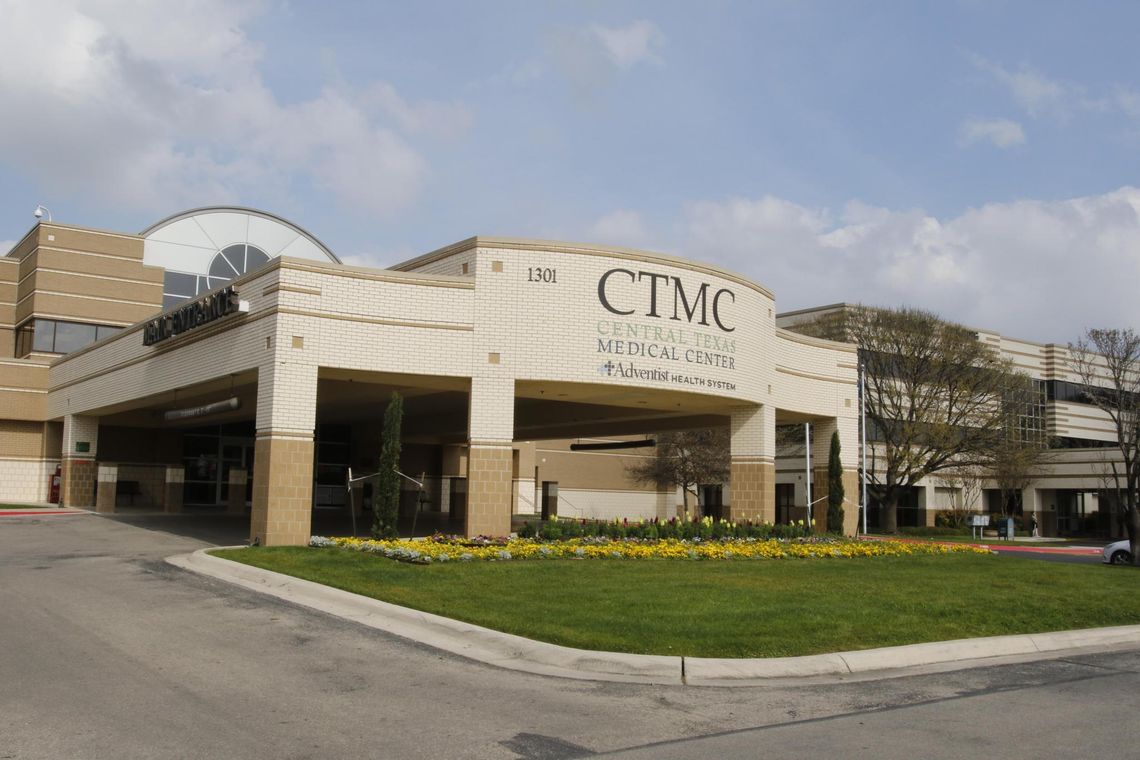The Hays County Commissioners Court periodically approves payments from the county to Central Texas Medical Center (CTMC) and Seton Medical Center Hays for uncompensated care. The commissioners approved such a payment at their meeting last week. Though some payments come from Hays County tax dollars, Precinct 3 Commissioner Lon Shell explained that a waiver the county participates in gives hospitals access to matching funds from the state.
Shell said that when Seton opened, the county began receiving invoices for indigent health claims, as state law requires (under the state’s rules, counties must pay a certain percentage of indigent care costs). The county had not received such invoices before because of an arrangement struck with CTMC when it took over the public Hays Memorial Hospital. After a series of payment arrangements between the county and the hospitals, in conjunction with the state, the county and hospitals worked out a system using the state’s waiver from sections of the Social Security Act to arrange payments to close the gap between what Medicaid pays and what treatment costs, Shell said.
The 1115 waiver allows for a funding pool to reimburse medical providers for uncompensated care costs and provides incentive payments to hospitals implementing delivery system reforms. The Delivery System Reform Incentive Payment (DSRIP) program, Shell explained, is a way to get hospitals to change how they deliver care to individuals through new projects, programs and community-based initiatives.
“If you want to keep getting the money, you have to find ways to provide better care and save money,” Shell said.
The county’s health clinic is a DSRIP project, Shell said. In 2012, he explained, the county and CTMC worked together on ways to participate in the DSRIP program. Funds that the county budgeted for indigent care claims and for the operation of the county health clinic could be matched using the 1115 waiver and used for improvements to healthcare for Hays County’s indigent and uninsured residents. CTMC established the Community Clinic, Shell said, which became a “medical home” for many uninsured residents. Through its Live Oak Health Partners affiliate, CTMC began operating the well child, women’s health and family clinics on Jan. 1, 2013.
“CTMC’s operation of the Community Clinic has brought efficiencies to and improved the delivery of healthcare services for the uninsured citizens of Hays County,” Shell wrote in a letter regarding the county’s indigent health care program. “… By combining local tax dollars and 1115 DSRIP funds with CTMC’s resources, the clinic is able to serve a population that would otherwise most likely use expensive ER services for basic healthcare needs.”
For several years, the county has budgeted $2 million of taxpayer dollars for indigent health care costs, Shell said, but as of 2015 the county was able to create a Local Provider Participation Fund (LPPF). Shell explained the LPPF as a fund that holds money collected from the hospitals, like a tax based on their net patient revenue. That money later benefits the hospitals through the 1115 waiver project. All of those funds are matched through the waiver project.
Shell explained that when the commissioners court votes on an intergovernmental transfer that’s marked “UC” -- uncompensated care -- the funds are coming from the LPPF. When the commissioners vote on an intergovernmental transfer designated as “DSRIP,” the funds are coming from county tax dollars.
The county does have concerns that eventually the 1115 waiver will end.
“When you create this program based on the waiver … what happens if the waiver goes away?” he said.
But in the meantime, the matching funds available through the waiver and the LPPF funds have absorbed any growth in indigent healthcare claims the county’s hospitals might have seen. That means the county has not had to increase its $2 million budget for indigent health care payments.
“We have never increased the tax dollars we spend,” Shell said.
At last week’s meeting, the county authorized a transfer of $2,084,052.58 in funds to CTMC and Seton for uncompensated care payments.








